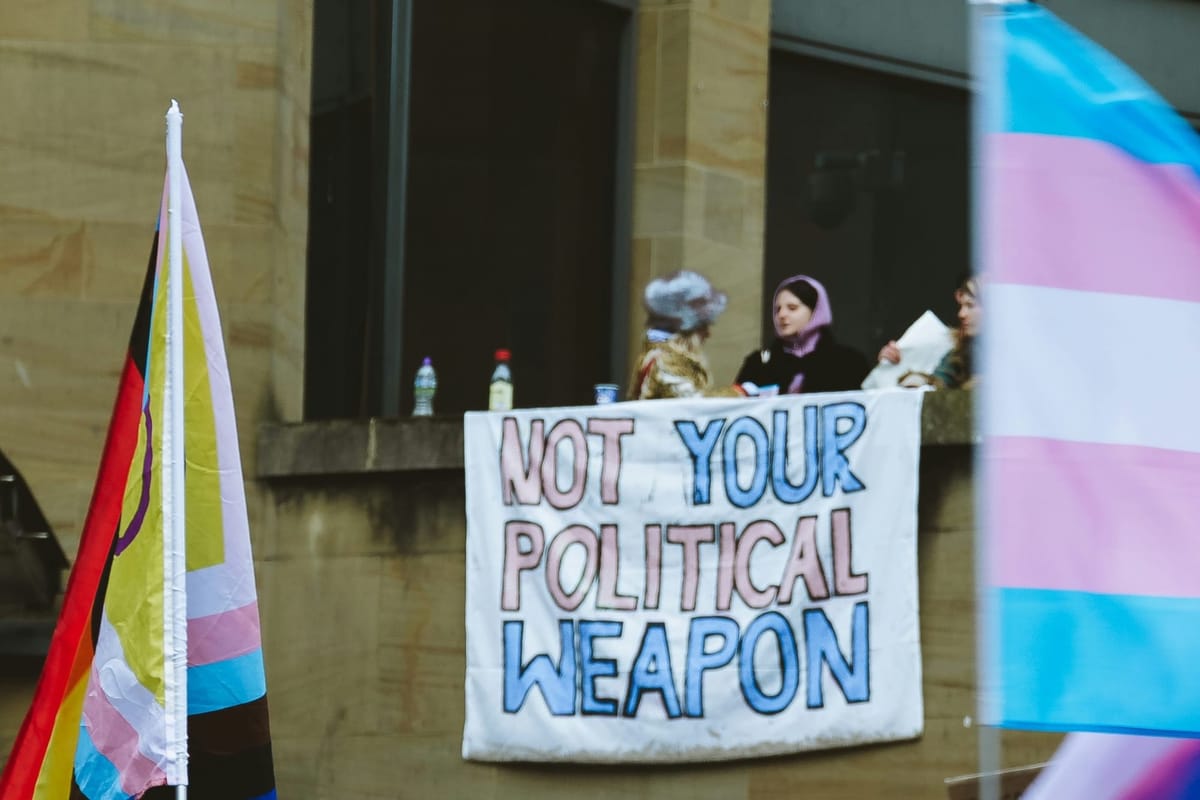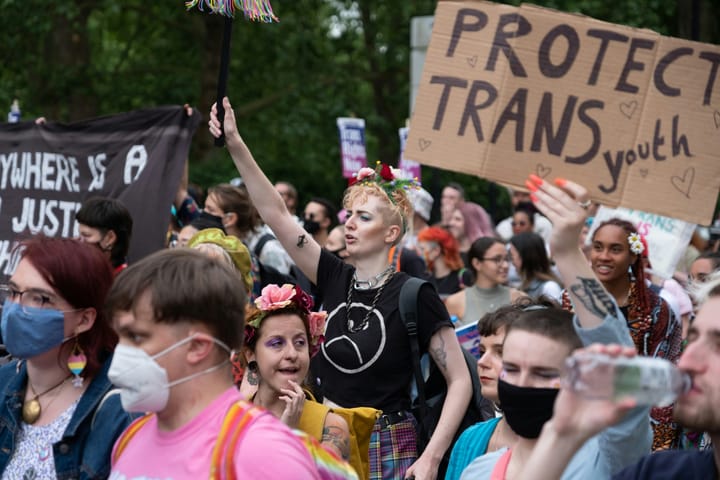Good Law Project in High Court this week challenging EHRC’s interim guidance

Good Law Project is in the High Court for a rolled-up hearing on 12 and 13 November, challenging interim guidance put out by the Equality and Human Rights Commission (EHRC), on 25 April – just nine days after the decision of the Supreme Court in For Women Scotland (FWS).
Good Law Project, alongside three individual claimants who were adversely impacted by the guidance, argues that the guidance was “rushed, legally flawed, and overly simplistic” – despite concerning ”difficult and complex issues which weren’t determined or even considered by the Supreme Court in FWS”.
The guidance, Good Law Project says, had an “immediate and devastating impact” on trans people’s lives, causing “rapid changes in policies which excluded trans people from accessing services” which they had been using for years. The Claimants argue that the “EHRC is wrong to suggest that single-sex provision such as women’s toilets can't be made on a trans-inclusive basis”.
The Claimants argue that the EHRC is also wrong to say that employers have to provide facilities for "men" and "women" that exclude trans people, or else provide individual, lockable rooms.
They also assert that the relevant statutory provisions must be read compatibly with trans people’s human rights. And if they can't be, the Claimants argue the Court should either disapply the relevant regulations or make a declaration of incompatibility under section 4 of the Human Rights Act 1998.
Jolyon Maugham, executive director of Good Law Project, said: “Our case is that the EHRC both acted irresponsibly and got the law wrong in rushing out a statement that obliged service providers to exclude trans people from single-sex spaces. We think it needs to return to its really important job of protecting human rights and abandon what trans people experience as its ideologically motivated crusade.
“At Good Law Project, we have been inundated with stories about the devastating impact this guidance has had on the lives of trans and intersex people. The EHRC suggests this claim is now ‘academic’ because it has withdrawn its guidance – but the effects are lingering and appalling."
Support independent LGBTQ+ journalism
Scene was founded in Brighton in 1993, at a time when news stories about Pride protests were considered radical. Since then, Scene has remained proudly independent, building a platform for queer voices. Every subscription helps us to report on the stories that matter to LGBTQ+ people across the UK and beyond.
Your support funds our journalists and contributes to Pride Community Foundation’s grant-making and policy work.
Subscribe today




Comments ()